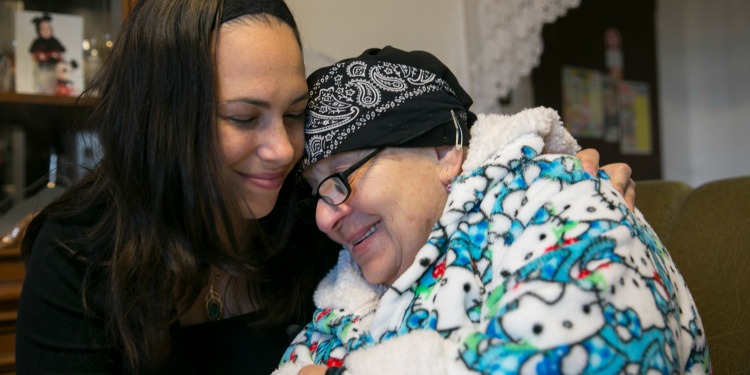With Dignity and Fellowship
The Fellowship | June 30, 2019

When you make a loan of any kind to your neighbor, do not go into their house to get what is offered to you as a pledge. Stay outside and let the neighbor to whom you are making the loan bring the pledge out to you. — Deuteronomy 24:10–11
In Judaism, one of the 613 mitzvot —commands — given to the children of Israel is to show respect for the elderly because of their wisdom, and to uphold their dignity. Paul echoed this command in his letter to his younger protégé, Timothy (1 Timothy 5:1). Explore this commandment in its various applications through the timeless teachings of Rabbi Yechiel Eckstein.
Not all giving is the same. While the act itself of making a financial donation might look the same on the outside, what’s on the inside of the giver makes all the difference.
Some giving comes with strings attached, where the giver expects something in return from the recipient. In those instances, the recipient is made to feel that he or she “owes” their benefactor, be it exaggerated honor, total compliance, or something else. Then there is giving with feelings of judgment and disparagement of the recipient. While these feelings might not be put into words, attitude can still be felt deeply by the recipient.
Finally, there is also giving with generosity and love. The giver expects nothing at all in return from the recipient. This is giving with dignity where the benefactor doesn’t diminish the beneficiary, but honors and respects the person regardless of his or her situation. These sentiments can also be sensed by the recipient even if they are not expressed vocally.
In our verses today, God makes it clear that He wants us to give to others in a way that helps the recipient without diminishing his or her dignity. Among the laws laid down in this portion, Scripture teaches that when a person gives a loan to a person, he or she may not enter the home of the recipient in order to collect the collateral. Rather, the person receiving the loan must bring the collateral out to the lender.
Such delicate sensitivity protects the dignity of the person receiving the loan. The Torah continues and explains that if the item of collateral is the borrower’s coat, the lender must return it at night if the borrower is poor, so that he or she will not go to sleep cold. Again, we are encouraged to help the person in a truly thoughtful manner.
With so many ways to give to others, it is essential that we get it right. This is why when The Fellowship launched our program to help Israel’s needy elderly, many of whom are Holocaust survivors, we called the program With Dignity and Fellowship. Giving the project such a title underscores our goal of helping the elderly in a way that provides them not just physical assistance, but also revives their soul. Financial aid is accompanied by companionship. Assistance is provided with honor and respect. The recipients are given a chance to share as well – their stories, their wisdom, and their fellowship.
Next time we offer assistance to someone, let’s pay attention to how we give. Are we giving without judgment? Do we have unspoken expectations? When we are generous and respectful in our giving, we can revitalize a person in crisis – both body and soul.
